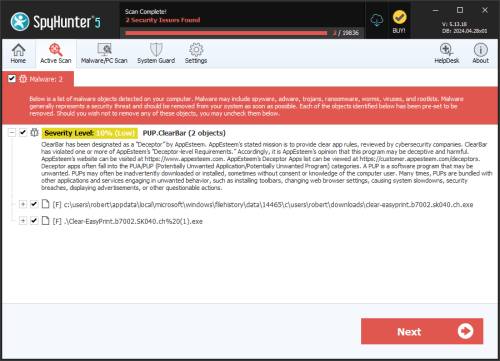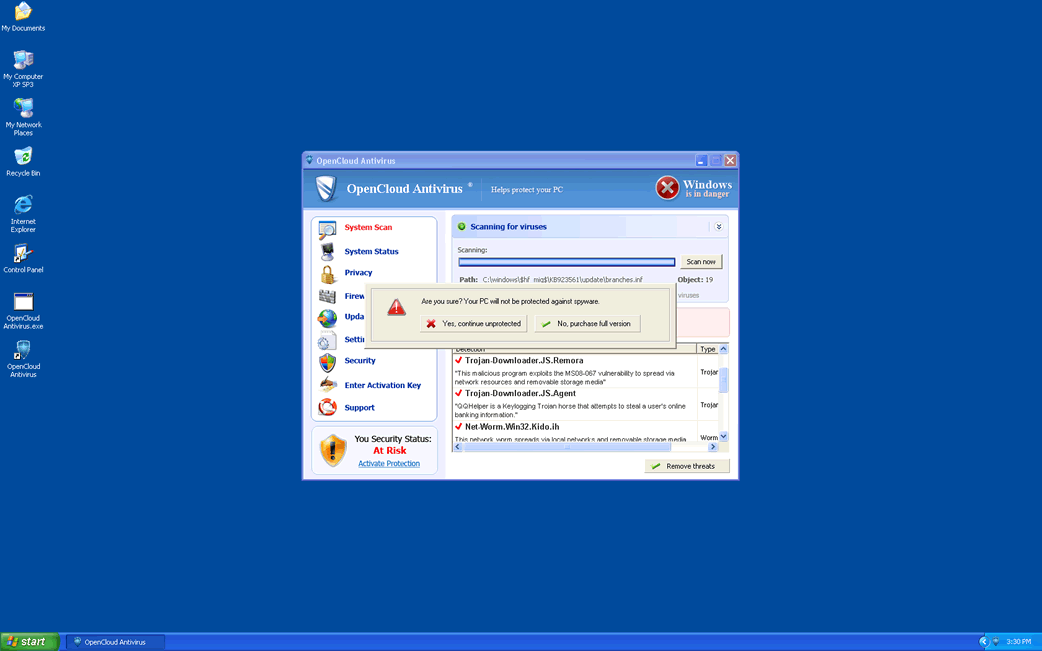Riot Games & Twitch Giveaway Scam
Upon analyzing the 'Riot Games & Twitch Giveaway' promotion website, cybersecurity experts determined that it is a tactic that exploits the reputable names of legitimate companies (Riot Games and Twitch) to deceive individuals into disclosing personal information. Significantly, neither Riot Games nor Twitch is associated with this fraudulent website. Users should be aware and cautious of such deceptive tactics that misuse well-known company names for unsafe purposes.
Fraudsters often Impersonate Legitimate Organizations to Lure Victims
The Riot Games is a prominent company known for developing and publishing video games, while Twitch is a popular live-streaming service provider. The individuals behind the 'Riot Games & Twitch Giveaway' scam aim to deceive people by falsely claiming that these reputable companies are hosting a giveaway event. The scam website promises participants a chance to win valuable gaming skins, enticing them to engage in a virtual roulette-style game.
Upon clicking the 'Spin roullete' (misspelled as per the scam website) or 'Spin' button on the fraudulent site, users are directed to a fake sign-in form that prompts them to enter their Riot Games account username and password. This form is a trap designed by scammers to steal users' Riot Games account credentials.
Once the fraudsters obtain access to these accounts, they can exploit them in various harmful ways. One method involves selling the collected account credentials on the Dark Web to other fraud-related actors who might engage in unauthorized activities. Additionally, the fraudsters themselves may use the compromised accounts to conduct fraudulent transactions, such as purchasing in-game items or currency.
Furthermore, the fraudsters can leverage the compromised accounts to carry out social engineering attacks, potentially tricking other users or contacts associated with the misappropriated accounts. This misuse of account credentials can result in meaningful financial losses, identity theft, and other forms of exploitation for the unsuspecting victims.
Therefore, it is vital for PC users to exercise caution when encountering online giveaways or offers that seem too good to be true. It's necessary to verify the authenticity of such promotions directly through official channels rather than clicking on doubtful links or providing personal information on unfamiliar websites. Being vigilant can help protect against falling victim to tactics and unauthorized access to personal accounts.
Tips to Safeguard against Fraudulent Websites
To protect yourself from visiting fraudulent pages, follow these comprehensive guidelines:
- Use Official Sources: Always download software and applications from official websites or trusted app stores. Avoid using Peer-to-Peer (P2P) networks, third-party downloaders, unofficial sites, and refrain from downloading pirated software or cracking tools, as these often harbor unsafe content.
- Verify URLs Before Clicking: Before clicking on any link, carefully inspect the URL to ensure it matches the official website's domain. Be cautious of URLs that appear slightly altered or unfamiliar.
- Exercise Caution with Links in Emails and Messages: Do not trust links included in irrelevant emails or messages from unknown senders. Fraudsters often use phishing tactics through email to lure users to fraudulent websites.
- Be Wary of Ads and Pop-ups: Avoid interacting with advertisements, pop-ups, warnings, or buttons on questionable websites. Refrain from granting permission for such sites to send notifications, as these can lead to unwanted or unsafe content.
- Keep Software Updated: Update your operating system, Web browser, and other software regularly, to patch vulnerabilities and protect against known security risks. Additionally, reputable security software should be used to enhance protection against threats and malware.
By adopting these actions, you can significantly reduce the risk of falling victim to schemes and visiting fraudulent websites that aim to deceive or compromise your personal information.


